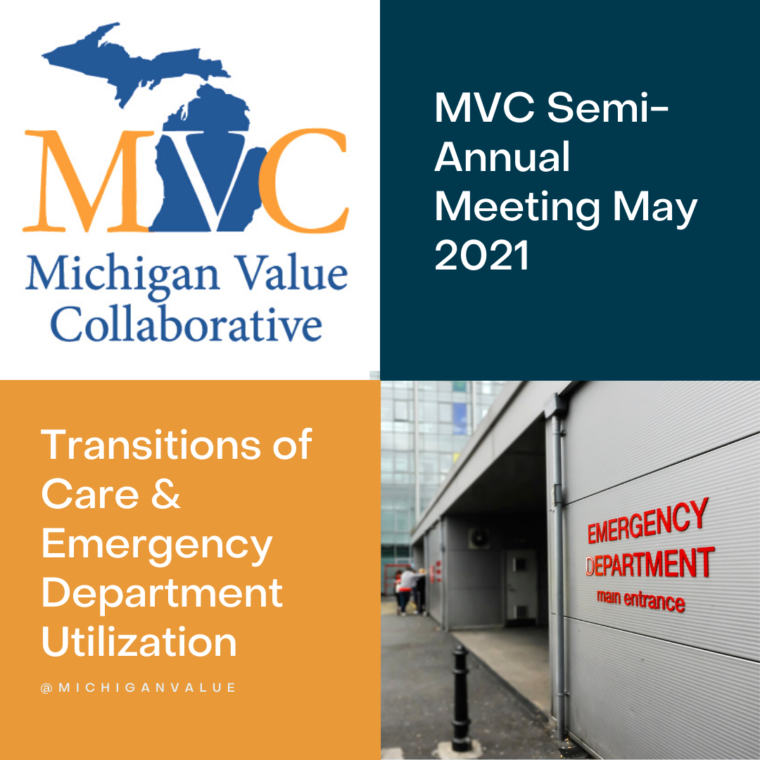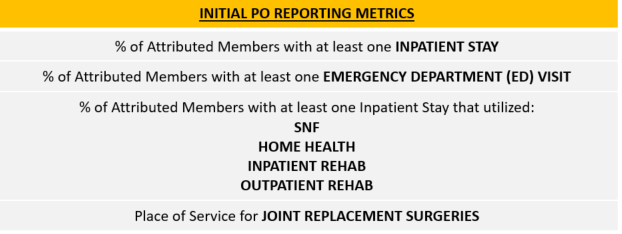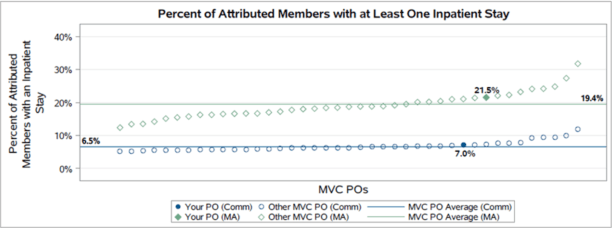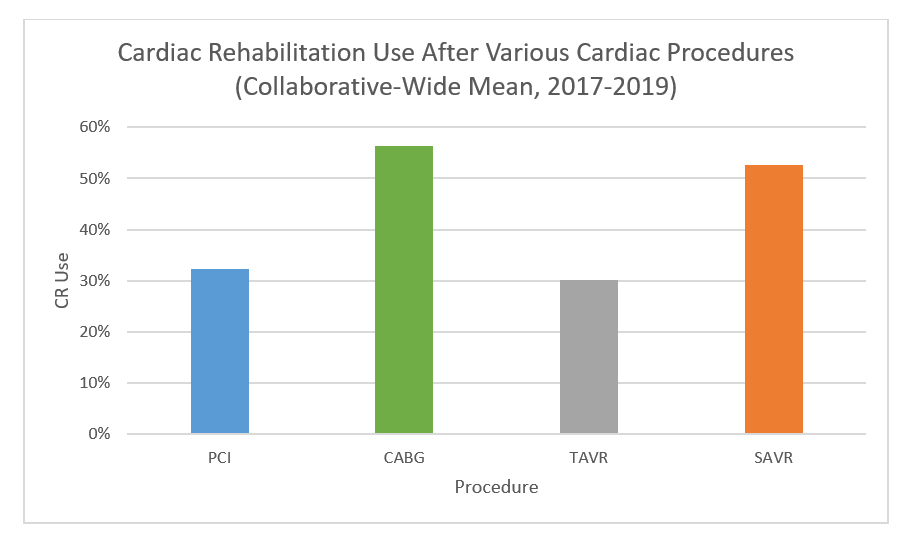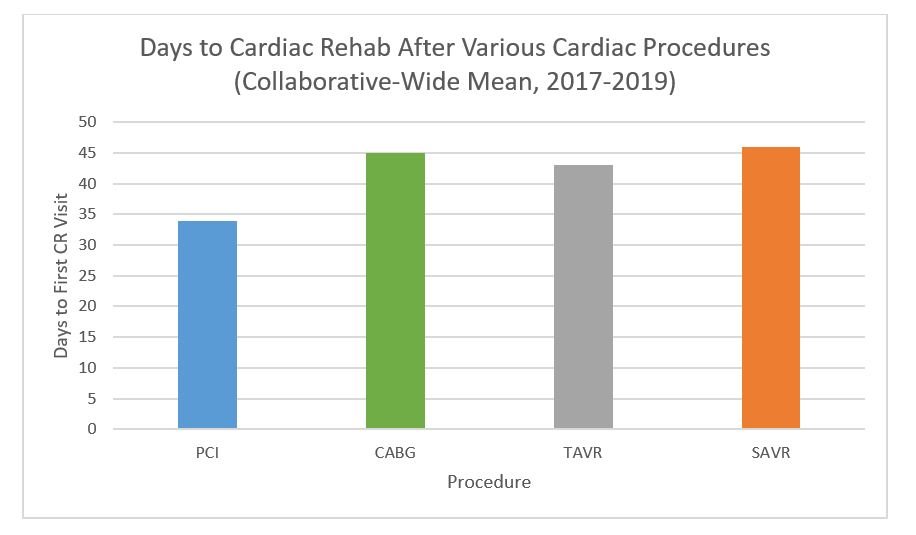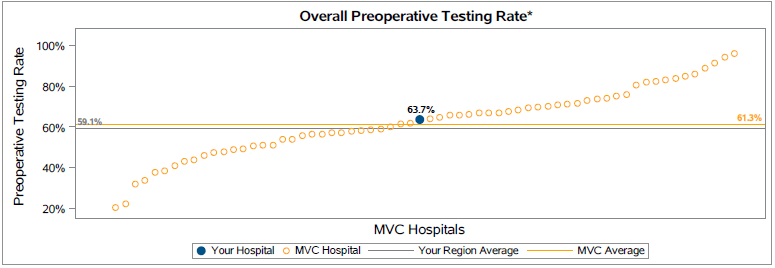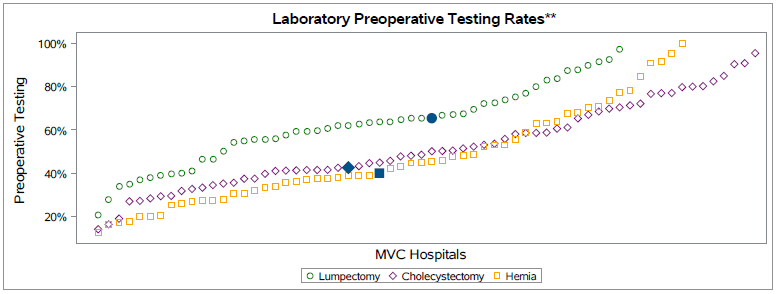I’m ecstatic to join the MVC team as a senior analyst and bring my passion for healthcare analytics to the table! I am joining the team with over a decade of experience in healthcare analytics, pricing adjudication, reimbursement analysis, and provider network management. I’ve spearheaded projects to optimize network-level claims reporting and streamline data processes in every role. My background in economics and finance from Western Michigan University has helped me develop a strong analytical mindset, which I’ve applied in roles at Michigan Medicine-Sparrow, IBM Watson Health, McLaren Health Plan, and beyond. Healthcare large data manipulation is a passion of mine and you’ll see me smile each time a question is asked, as I am eager to find the answer.
Prior to joining the MVC team, I enjoyed five years as a pricing analyst at University of Michigan Health Plan (formerly Physicians Health Plan). I was responsible for establishing and maintaining provider fee schedules, ensuring competitive and compliant compensation across a vast provider and facility network. My expertise in SQL, Microsoft Excel, claims processing, and financial reporting have been instrumental in automating adjudication processes and enhancing financial forecasting. I also worked closely with provider relations, contract negotiations, and system configuration, making data-driven decisions to enhance efficiency.
Outside of work, my two kids under five keep me very busy with not a lot of free time. When I do find that time, I love staying active—backpacking, running marathons, and formerly teaching swing dancing. You will find me every year at the Indycar Detroit Grand Prix, at the paddock, pit line, or at the box suites, wishing the race was back at Belle Isle. I am thrilled to be on board and look forward to working with MVC’s members to make an impact on healthcare.

